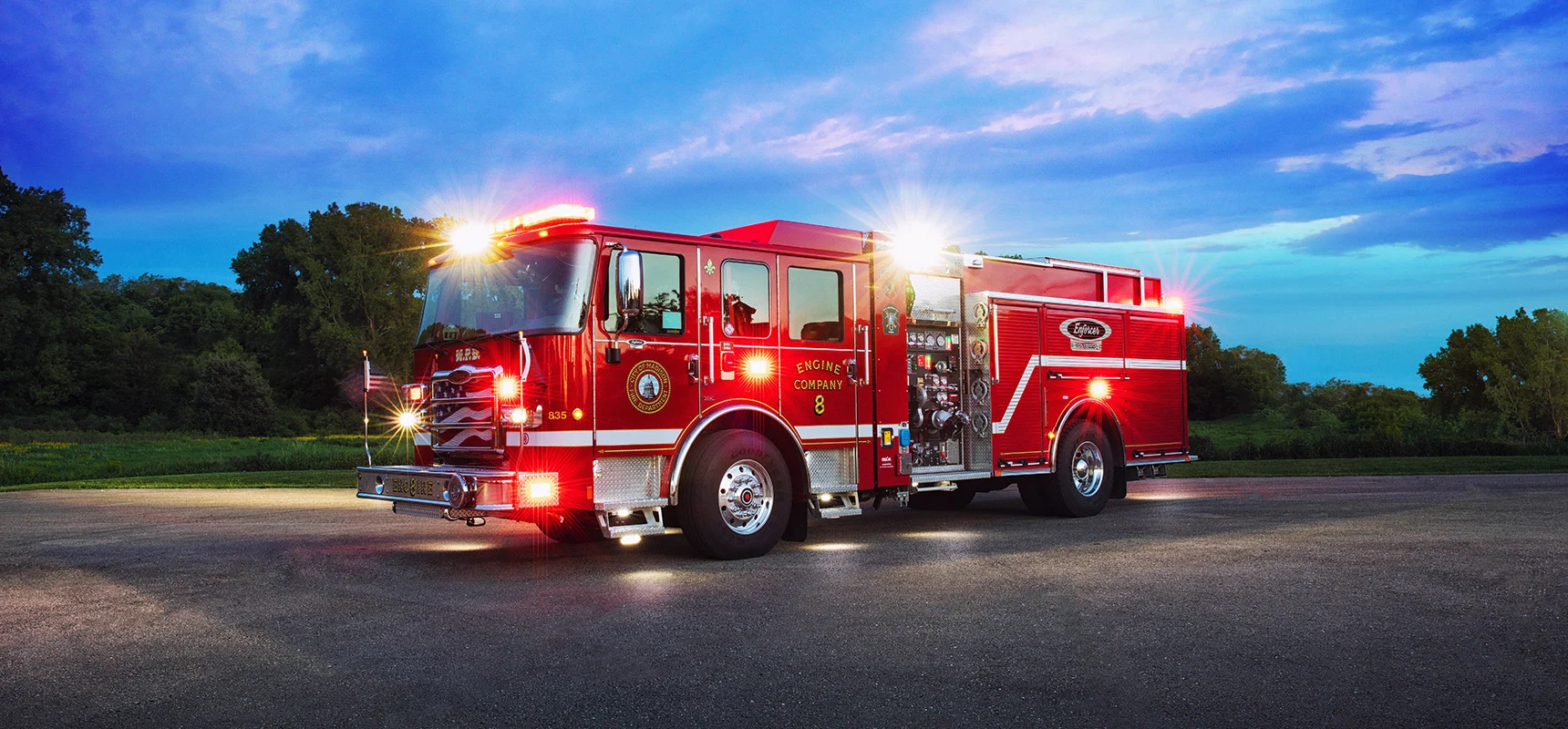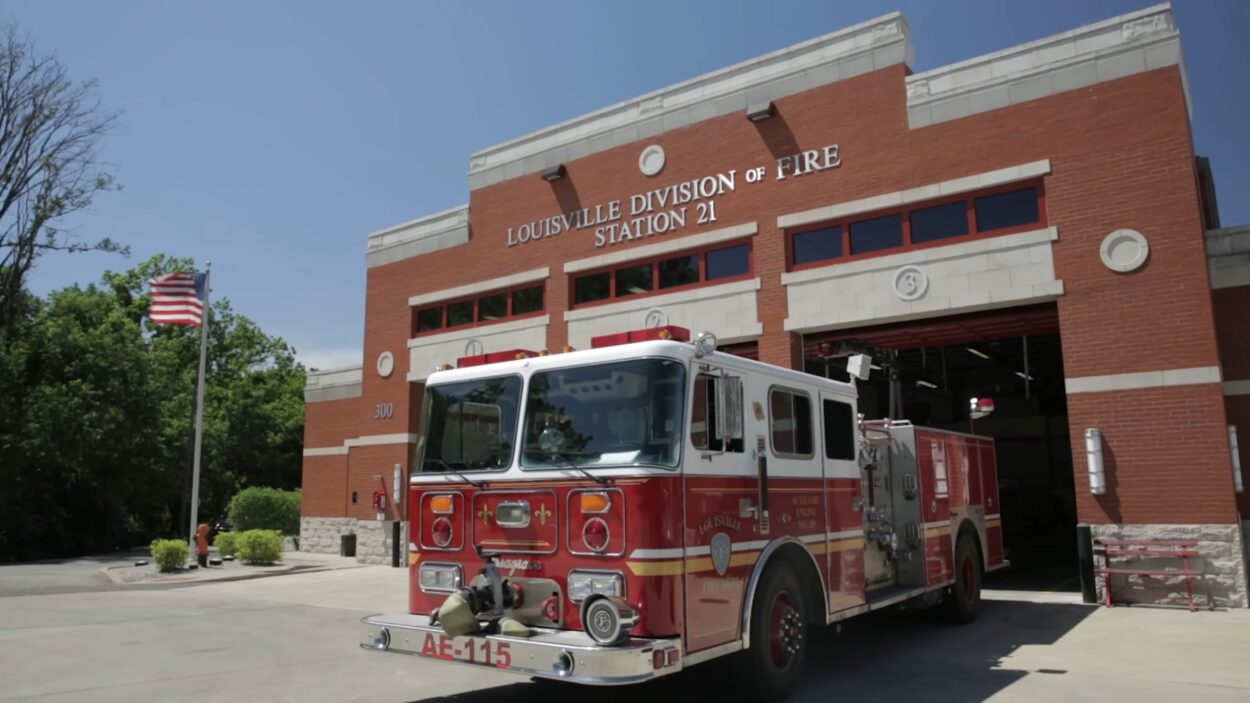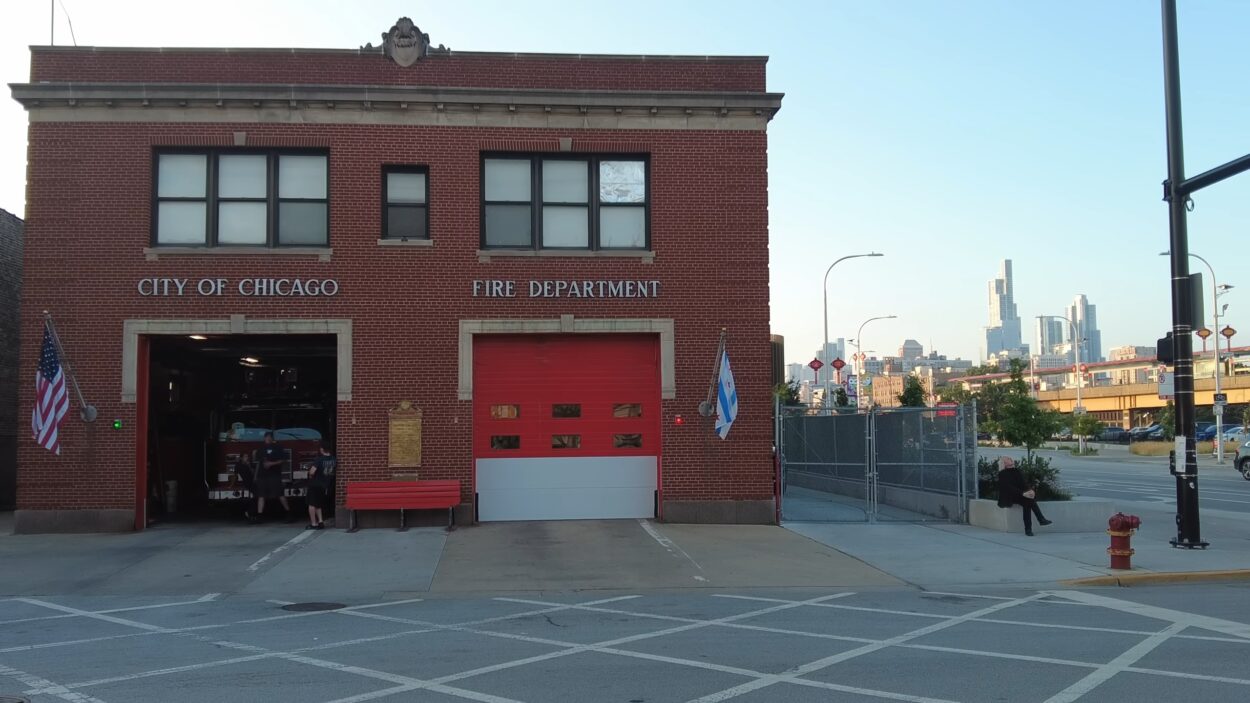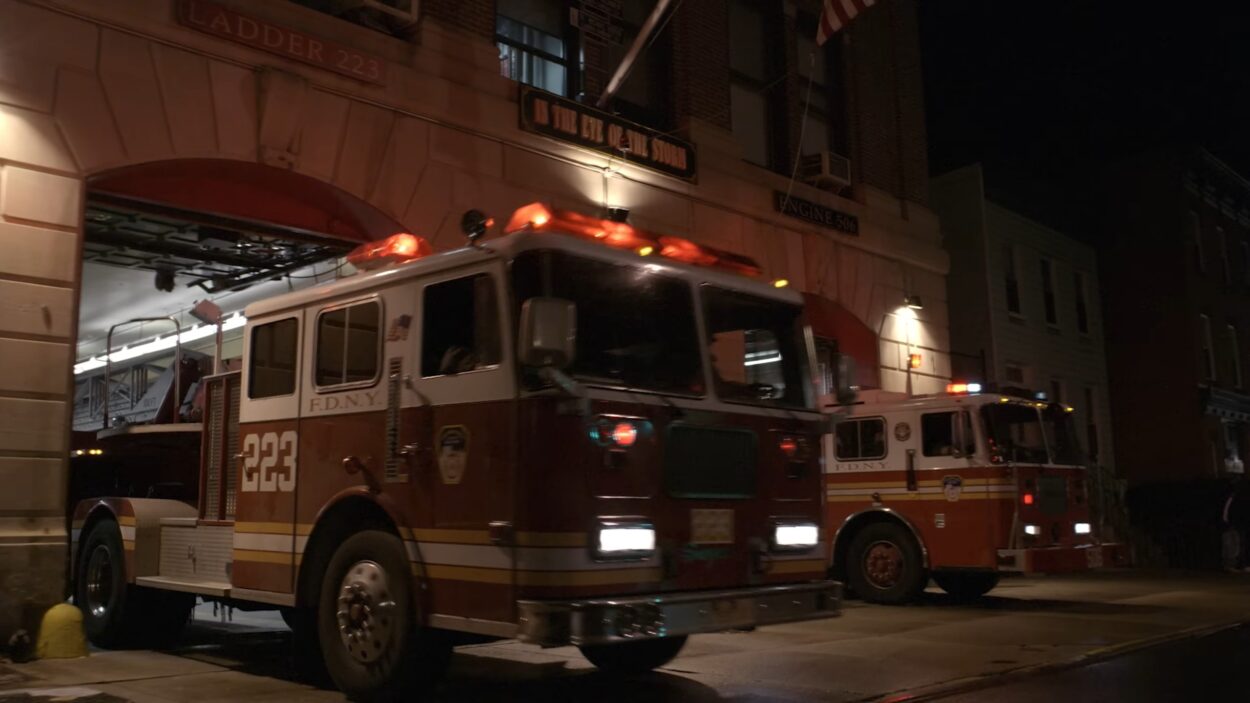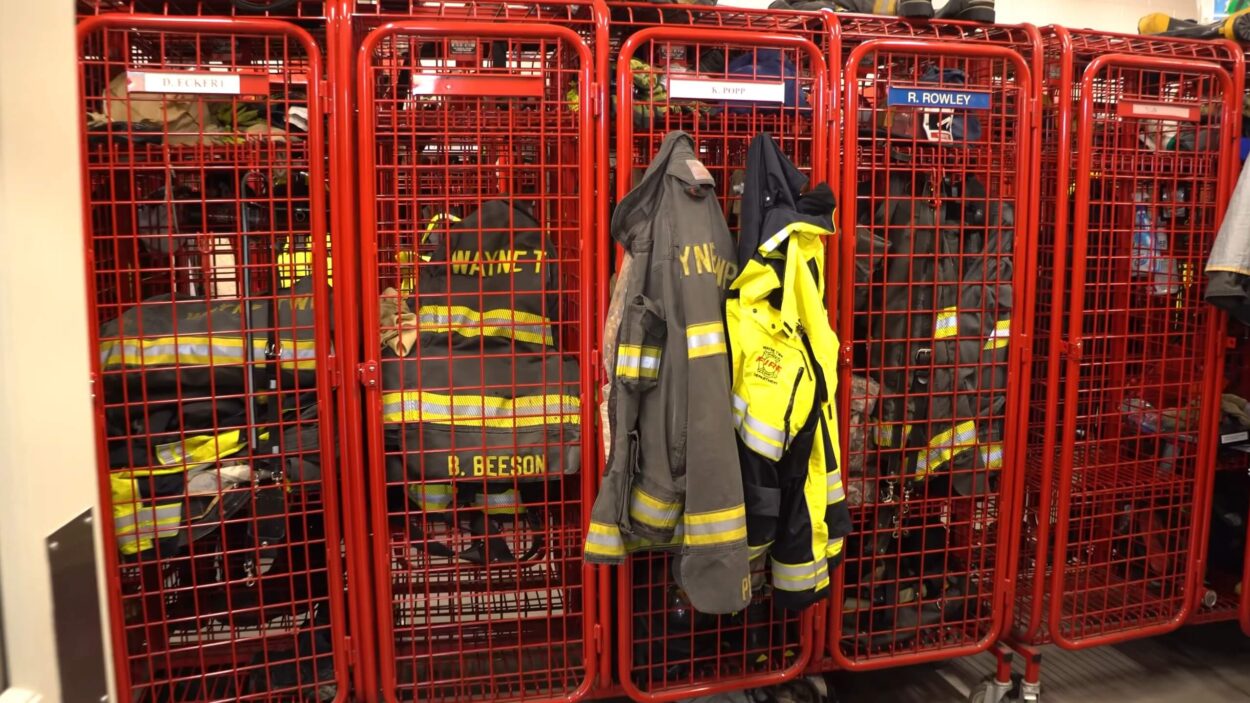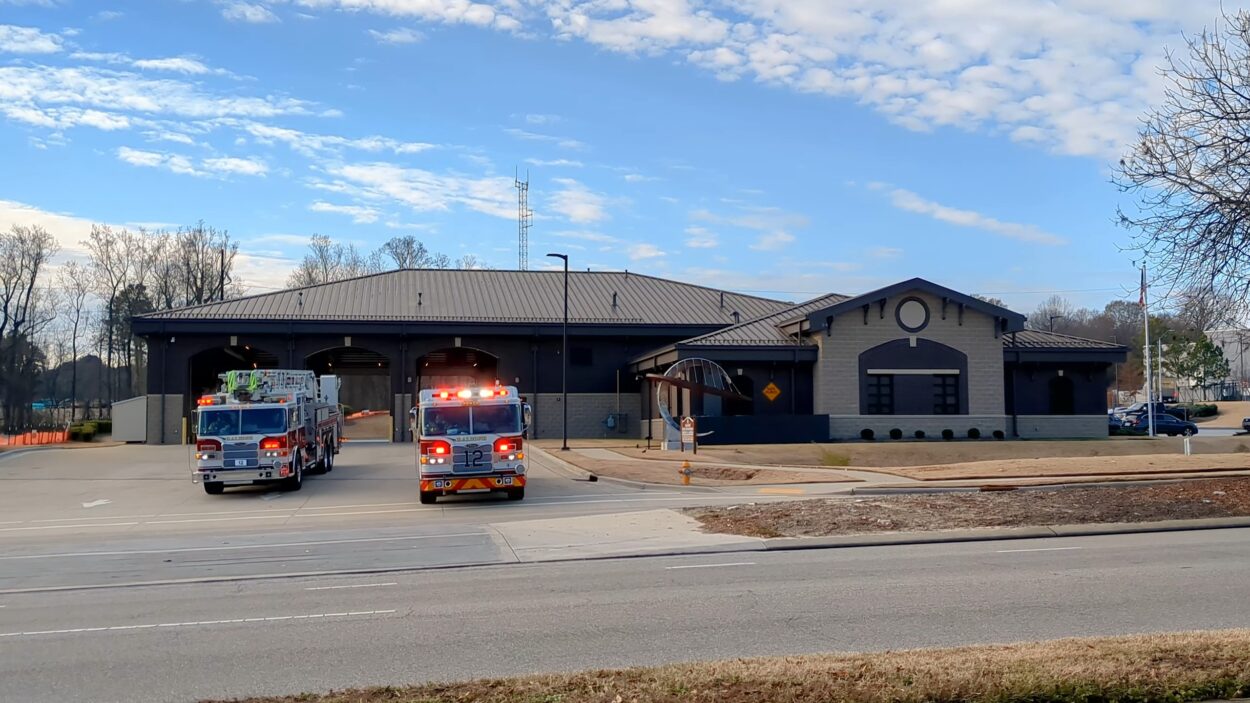Fire departments play a crucial role in ensuring public safety, often seen as the first line of defense against fires and other emergencies.
A common question that arises is whether fire departments charge for their services. This blog post aims to thoroughly explore this topic.
Key Takeaways
- It is Free(Mostly): Most fire departments, particularly in the United States, do not charge for emergency response services, being primarily funded by taxpayer dollars.
- Charges Are Contextual: Fire departments may charge for services in specific contexts, such as for repeated false alarms, specialized services, or under fee-for-service models, especially in private fire services.
- Public Safety and Trust: Charging for fire department services can affect public safety, potentially causing hesitation in emergency situations, and may impact community trust and the effectiveness of fire departments.
Is There a Fee?
Most fire departments, especially in the United States and many other countries, are funded by taxpayer dollars, which means that their primary services, including responding to emergency calls, are provided without direct charges to the individuals they assist.
However, this is not a one-size-fits-all answer. Some fire departments do impose fees under certain circumstances, and these practices can vary significantly based on the jurisdiction, the type of service, and the funding model of the fire department.
We can see the same model when it comes to other emergency services like the Police. Also, the great thing is that you reach out to 911 even without SIM card or service coverage in some cases.
Variations in Fire Department Funding Models
Understanding the funding models of fire departments is crucial to grasp why and how they might charge for services. Typically, fire departments are funded through one or more of the following ways:
- Municipal Budgets: The most common funding source, where a portion of local government budgets, derived from taxes, is allocated to fire services.
- State and Federal Grants: These grants can supplement local funding, especially for specific projects or equipment upgrades.
- Fundraising and Donations: In smaller communities or volunteer departments, fundraising events and donations can play a significant role in their budget.
Instances When Fire Departments Might Charge
While the general approach is to offer services without direct charges, there are scenarios where fees may be applicable:
- Repeated False Alarms: To discourage misuse of emergency services, some departments charge for frequent non-emergency calls.
- Specialized Services: Services like hazardous material handling or fire safety inspections for businesses might incur fees.
- Subscription-Based Services: A few areas operate on a subscription model, where residents pay a fee for fire protection services.
Charges for Paid Services
In areas with professional (paid) fire departments, the question of charging for services can be more complex:
- Fee-for-Service Model: Some paid fire departments operate on a fee-for-service model, where they charge for responding to calls. This is more common in private fire services.
- Impact on Insurance: Often, homeowners’ insurance policies cover these charges, especially in emergencies.
False Alarm Charges
False alarms can drain the resources of fire departments, leading to the implementation of fines:
- Policy Variations: The approach to false alarm charges varies widely. Some departments issue warnings, while others impose fines after a certain number of false alarms.
- Preventive Measures: Proper maintenance of alarm systems and awareness can significantly reduce false alarms.
Regional Differences in Charging Practices
The charging practices of fire departments are not uniform and can vary significantly based on geographic location, reflecting the diverse policies, funding mechanisms, and specific needs of different communities.
- Urban vs. Rural: In urban areas with higher tax bases and budgets, fire departments are more likely to be fully funded by the municipality, reducing the need for direct charges for services. Conversely, in rural areas, where funding may be more limited, fire departments might resort to charging for certain services or adopt a subscription-based model.
- State and Local Legislation: State and local laws greatly influence fire department operations. Some states have specific legislation that governs how fire departments can raise funds, including whether they can charge for services and under what conditions.
- Community Expectations: Community expectations and norms also play a significant role. In some regions, there is strong support for fully funded public services, including fire departments, while in others, there’s an acceptance of fee-for-service models.
- Impact of Economic Conditions: Economic factors within a region can also influence charging practices. In economically strained areas, fire departments might face budget cuts, leading them to explore alternative funding methods, including charges for services.
Should Fire Services Charge?
The question of whether fire departments should charge for their services is a topic of considerable debate, with arguments on both sides:
Potential Benefits
- Financial Sustainability: Charging for services can provide fire departments with an additional revenue stream, enhancing their financial sustainability and ability to invest in better equipment and training.
- Resource Management: Charging could help in managing resources by discouraging non-essential calls, ensuring that fire services are available for genuine emergencies.
Downsides
- Public Safety Concerns: Charges might deter people from calling the fire department in emergencies, potentially leading to more severe outcomes.
- Equity Issues: Charging for emergency services could disproportionately affect low-income communities, creating a disparity in access to essential services.
What Impact It Would Have on Public Safety?
Charging for fire department services can have significant implications for public safety and the relationship between fire services and the communities they serve:
- Hesitation to Call for Help: One of the most concerning impacts is the potential hesitation among the public to call for emergency services due to fear of incurring charges. This delay can result in more severe emergencies or even loss of life.
- Community Trust: The introduction of charges for emergency services can erode the trust between the community and the fire department. Fire services are traditionally seen as a fundamental public good, and charging for them can alter this perception.
- Effectiveness of Fire Departments: Charging practices can also affect the effectiveness of fire departments. In scenarios where charges are imposed, departments may spend additional time and resources managing billing and collections, diverting attention from their primary mission of providing emergency services.
- Economic and Social Impact: The charging policies of fire departments can have broader economic and social impacts, especially in economically disadvantaged areas. Charges can lead to financial strain on individuals and families and exacerbate social inequalities.
International Funding Models
The approach to funding fire departments isn’t just diverse across regions within a country but also varies internationally.
By comparing different countries’ models, we can gain insights into the global perspective on funding emergency services.
- Government-Funded Models: In many European countries, fire services are entirely government-funded, ensuring free access to emergency responses for all citizens. This model emphasizes the role of fire services as a fundamental public good.
- Private and Community-Based Models: In some parts of the world, fire services operate on a private or community-based model. These services, while sometimes more responsive to local needs, can introduce variability in service quality and access.
Positive Impact of New Technologies
Technological advancements are playing an increasingly important role in fire department operations, which can also influence their funding models.
- Improved Emergency Response: Technologies like GPS and advanced communication systems enhance the efficiency and effectiveness of fire department responses.
- Cost-Saving Innovations: Innovations in fire prevention and fighting technologies can reduce operational costs, potentially impacting the need for charging for services.
FAQs
How much does a false fire alarm cost Melbourne?
The average rate for the first hour of a call out to a domestic fire in Victoria is $476. However, the fees may vary depending on the local council, the type of building, and the duration of the response.
Do you get charged for calling fire brigade Ireland?
Yes, you may get charged for calling the fire brigade in Ireland, depending on the service you require and the local authority you live in. The fees range from €0 to €750 per hour. Some home insurance policies may cover the fire brigade call-out charges, but not all of them.
Are there private fire departments in the US?
Yes, some fire departments in the US are privately owned and operated, mainly for industrial and federal clients. They have about 250 private fire companies in the country, and their firefighters meet the national standards and guidelines.
Why are there so many false fire alarms?
False fire alarms can be triggered by many factors, such as faulty equipment, environmental conditions, human mistakes, or malicious acts. They can create problems such as wasted resources, public annoyance, and reduced safety. That is why it is essential to have proper fire alarm systems and practices.
Summary
While most fire departments do not charge for emergency response services, there are variations in practices depending on the jurisdiction and the type of service provided.
The primary concern for fire departments remains public safety and ensuring that their services are accessible to all residents, regardless of their financial situation.

